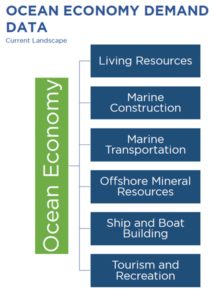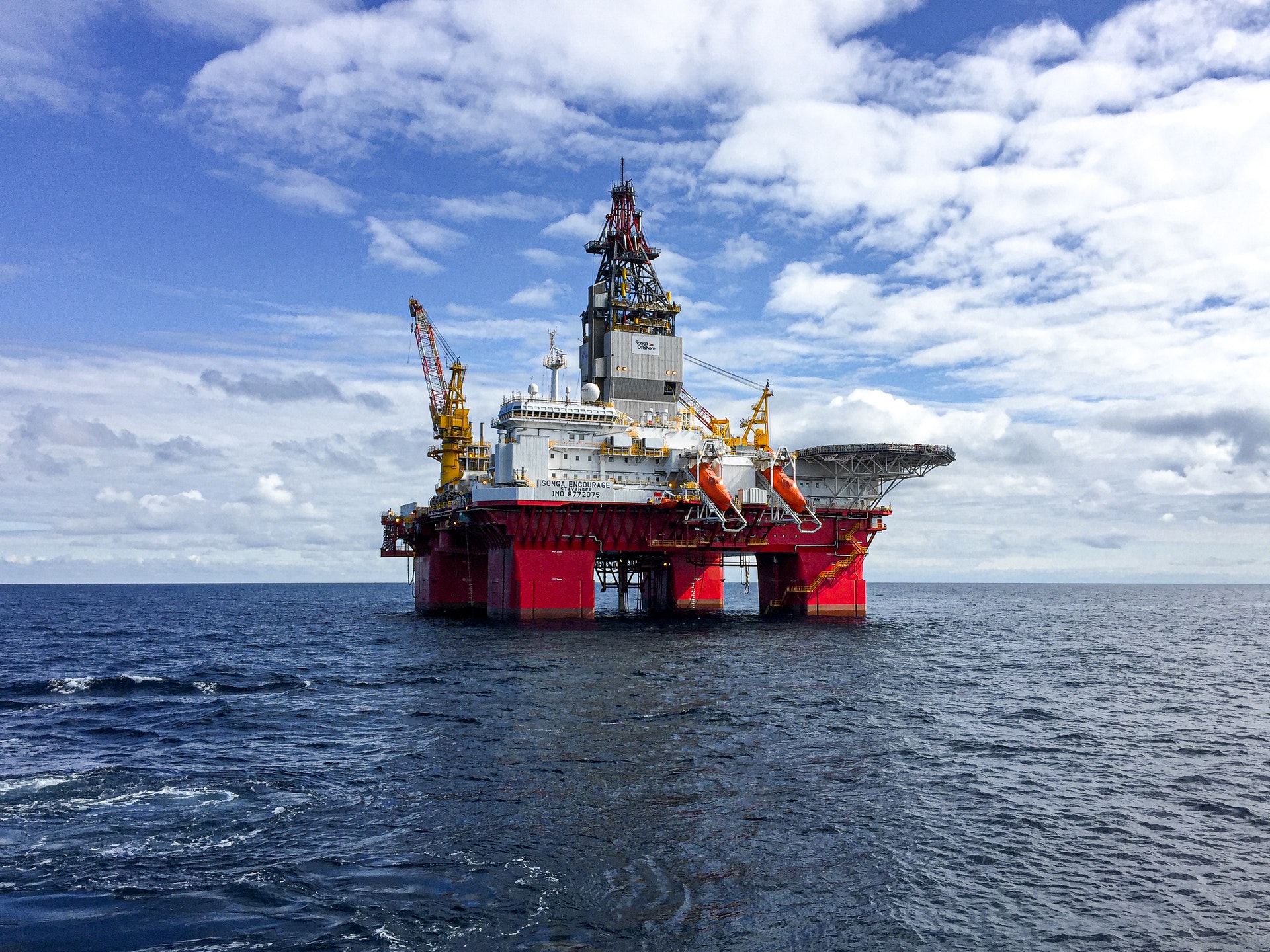The Center for a Competitive Workforce (CCW) hosted a virtual Regional Program Advisory Meeting on the future of the Ocean Economy’s workforce needs on Friday, December 10, 2021, in partnership with the Los Angeles Regional Directors of Employer Engagement and the Los Angeles County Economic Development Corporation (LAEDC).
 Key Community College Talent Supply Data Points Presented by Center of Excellence (COE)
Key Community College Talent Supply Data Points Presented by Center of Excellence (COE)
Highlights of the Aquaculture Certificate at Santa Monica College
- Brought together a variety of different campus departments, these consisted of:
- Life Science Department
- Earth Science Department
- Business Department
- Looked at the curriculum that we already had in place and brainstormed potential curriculum we would need to develop. The idea that we had the potential to teach on competencies that involved reversing the damage caused to the planet is what continued to spark faculty’s interest.
- Started preliminary research and presented to the Vice President of Academic Affairs as well as the President of Santa Monica college who were in full support of developing the program.
- Met with AltaSea and other industry experts
- Convened an industry advisory board which consisted of industry, academia, and regulators which is the biggest voice we need to listen to
- Applied for grants through Perkins, Strong Workforce Program, and federal grants
- Outside expertise for developing a new curriculum is key in ensuring the program meets the needs of the evolving workforce and needs
- In aquaculture alone if you do it right, can solve the identifies problems which consists of:
- Carbon Emissions
- Species Loss
- Coastal Wetland Loss
- Global Hunger
- Collapse of Fisheries
Speakers / Employers at the event:
- Ann Carpenter, Chief Executive Officer at BraidTheory
- Nathan Churches, Co-Founder at Holdfast Aquaculture
- Nick Hajek, Aquaculture Engineer at Pacific Mariculture
- Meredith Brooks, Grants and Special Projects Manager at AltaSea
- Tom Grimm, Chief Executive Officer and President at Carlsbad Aquafarms
Perspectives:
Full responses are available in our Ocean Economy community college look book.
As the community colleges consider standing up programs to meet the workforce needs of the ocean economy in LA County, what are some of the big industry trends they should consider?
- It is all about the data and analyzing the data. Understanding complex systems regardless of whether it’s aquaculture or ocean energy, in all ways, shape and form a program really must look towards data analytics and literacy around analyzing the huge streams of data.
- When it comes to the basic level of hatchery management there is an enormous need in the aquaculture industry, and I can’t find enough people who can manage hatcheries for seaweed. These are big businesses worldwide and they are multibillion dollar sectors.
- Innovation is another really big area and rather than focusing on automation that takes jobs away from people looking at assisted automation for things that are cumbersome like offshore monitoring requirements, biological monitoring requirements and things like that. Another big trend that we see happening is getting back into regenerative aquaculture which is a relatively new term but it’s the oldest technology on the planet.
When we talk about the Ocean Economy, different aspects/occupations may come to mind. What are some of the types of career paths that students can go into when we talk about the various employer partners that are reflected on AltaSea’s website?
- Part of the project that we are focused on is looking at a blue plus the green initiative with partners that really scan a wide range of pathways. This can be anything from construction and innovation.
- If I needed to hire 5 skilled hatchery technicians, I’d have a really hard time filling those five positions. At my company right now, we do a lot of R&D and try to take stuff from the hatchery and put that into the commercial food industry. A lot of the scientific projects we work on require someone coming in with just that scientific skills but also engineering skills, and some amount of manual labor skills.
- Some jobs and job training that you might interested in exploring is marine drone training.
- Literacy in science and tech are important and needed to understand basic ocean science or science of basic technology and how things work. Courses that can assist are general communications classes that are about how to take a scientific paper and turn it into a blog post, something like that is hugely useful.
- If I were to put out a job description out today for my ideal candidate, social skills would be at the top of the list as well as science skills and being able to use the scientific method to better a business.
To view the full Ocean Economy community college look book, click here.
To view the Ocean Economy 101 Final Report, click here.
Additional Resource Links:
- https://altasea.org/partners/
- https://www.mtsac.edu/photography/drone/
Please email Mariana Hernandez with any questions and/or to get involved.
The Center for a Competitive Workforce is funded by the California Community Colleges Chancellor’s Office under the Strong Workforce Program (SWP) as a Los Angeles Regional Project.


